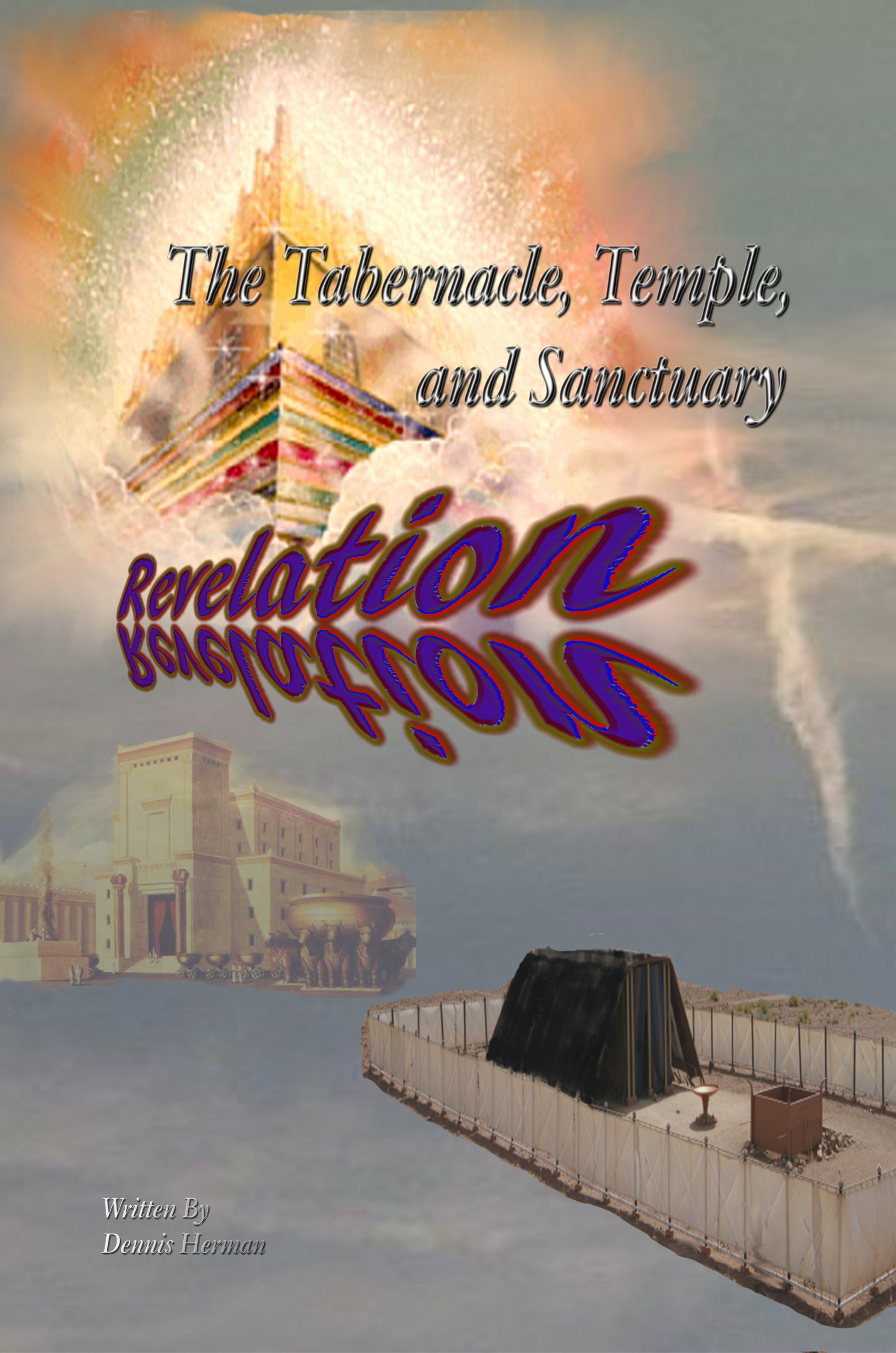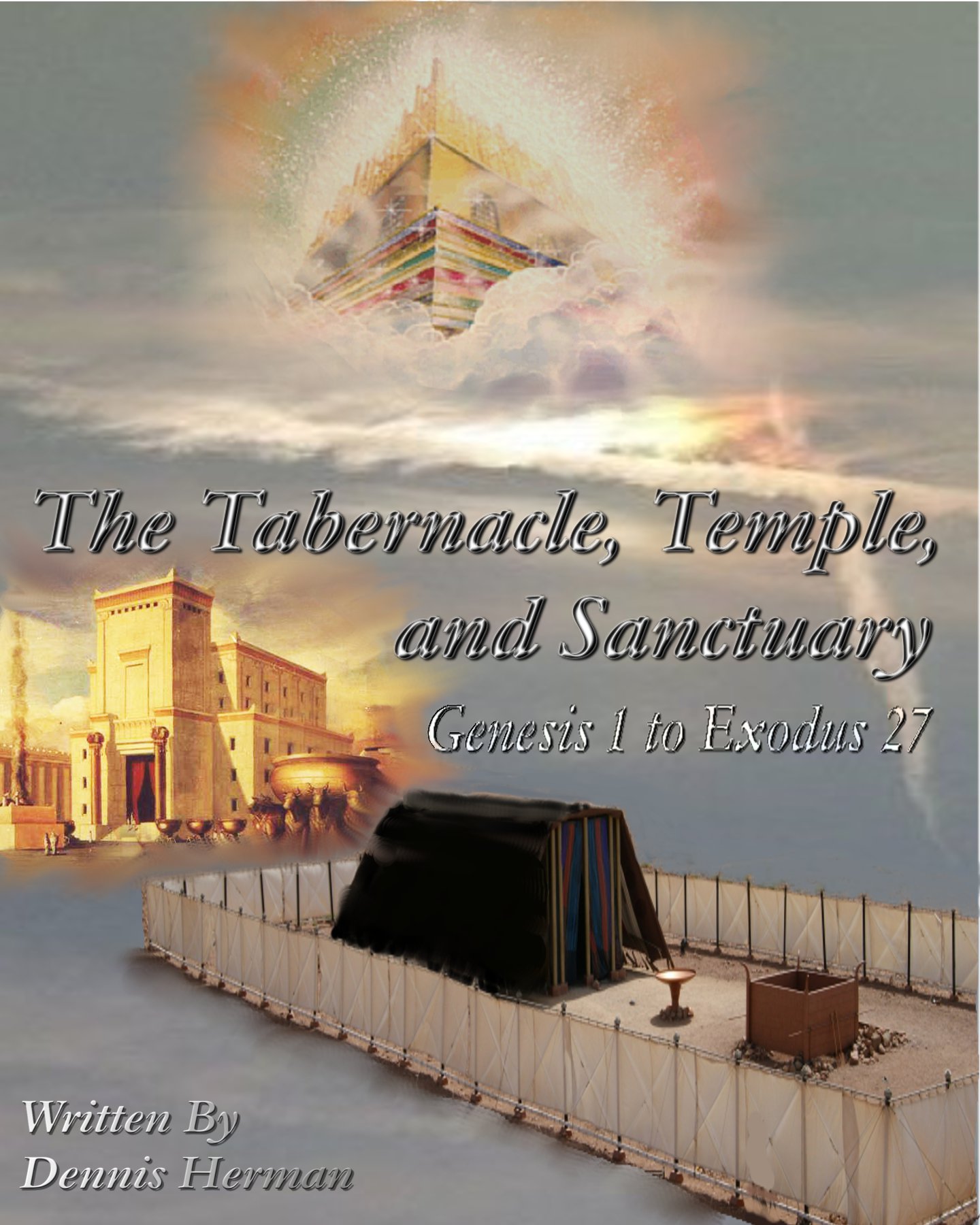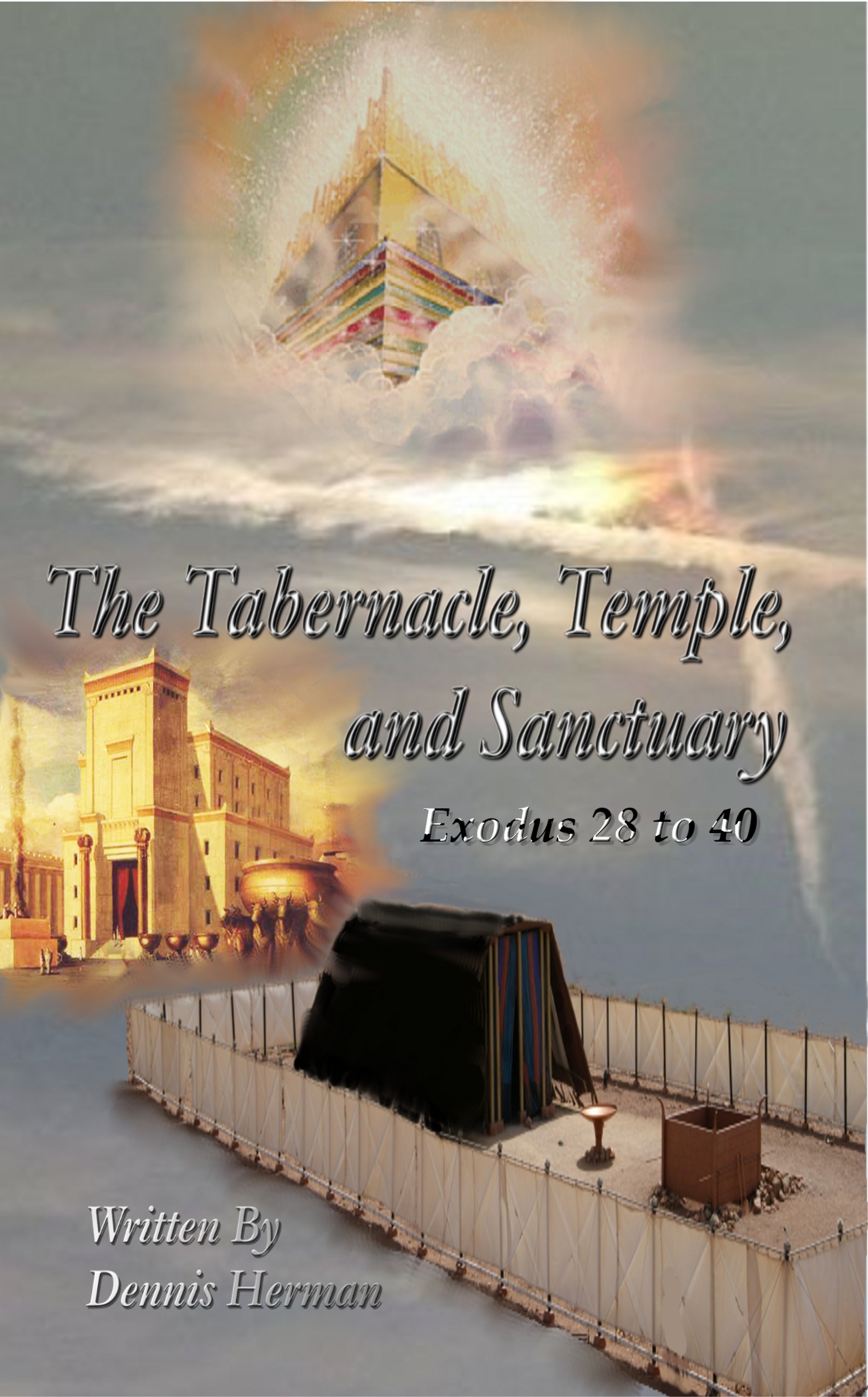KJV Matthew 12:31. Wherefore I say unto you, All manner of sin and blasphemy shall be forgiven unto men: but the blasphemy against the Holy Ghost shall not be forgiven unto men. 32. And whosoever speaketh a word against the Son of man, it shall be forgiven him: but whosoever speaketh against the Holy Ghost, it shall not be forgiven him, neither in this world, neither in the world to come.
This may be one of the most difficult studies to undertake, identifying the unforgivable sin against the Holy Ghost. To begin write out

Holy Ghost
the surface, or physical meaning of the parable. This will ensure the interpretation is kept within the proper context while providing a deeper understanding provided by God’s word.
As this parable states, the sin concerns speaking against the Holy Ghost. This may be in the oral, or written form.
Jesus taught this parable to His disciples, a group of followers, and certain Pharisees. At the time Jesus was healing a number of people, and casting out demons. The Pharisees accused Jesus of casting out demons by calling on the name of Beelzebub the prince of the devils. Jesus explained, every kingdom divided against itself is brought to desolation; and every city or house divided against itself shall not stand: And if Satan cast out Satan, he is divided against himself; how shall then his kingdom stand? After speaking the parable of a man spoiling a strong man’s house, Jesus told this parable concerning blasphemy against the Holy Ghost.
Knowing the context of this parable will help to understand the spiritual meaning. The next step in studying a text, using the simple word study method, is to compare some of the primary words in the original language to learn the proper definition. An inductive study method comparing this parable to the previous parable should shed additional light on the interpretation.
Blasphemy G988 blasphe¯mia From G989; vilification (especially against God): – blasphemy, evil speaking, railing. Vilification: to speak evil of.
Speaketh G2036 epo¯ A primary verb (used only in the definite past tense, the others being borrowed from G2046, G4483 and G5346); to speak or say (by word or writing): – answer, bid, bring word, call, command, grant, say (on), speak, tell. Compare G3004.
Holy Ghost G4151 pneuma From G4154; a current of air, that is, breath (blast) or a breeze; by analogy or figuratively a spirit, that is, (human) the rational soul, (by implication) vital principle, mental disposition, etc., or (superhuman) an angel, daemon, or (divine) God, Christ’s spirit, the Holy spirit: – ghost, life, spirit (-ual, -ually), mind. Compare G5590.
Understanding the definitions of some of the key words reinforces the simplicity of this parable. From the definitions above we can see these verses deal with speaking or writing against the Holy Ghost.
Another important step in a lesson as significant as this, is to examine parallel text from other books of the gospels.
Mark 3:28-29 KJV Verily I say unto you, All sins shall be forgiven unto the sons of men, and blasphemies wherewith soever they shall blaspheme: (29) But he that shall blaspheme against the Holy Ghost hath never forgiveness, but is in danger of eternal damnation:
Luke 12:8-10 KJV Also I say unto you, Whosoever shall confess me before men, him shall the Son of man also confess before the angels of God: (9) But he that denieth me before men shall be denied before the angels of God. (10) And whosoever shall speak a word against the Son of man, it shall be forgiven him: but unto him that blasphemeth against the Holy Ghost it shall not be forgiven.
The books of Mark and Luke verify Matthew’s account. Luke adds details about confessing Jesus before others. This identifies an additional detail associated with the unforgivable sin of blasphemy against the Holy Ghost. To verify a spiritual parallel between the denial of Jesus and blasphemy against the Holy Ghost, key words from the text must be studied by comparing scripture.
The next step to understand the spiritual meaning of the key words is to allow the Bible to reveal the true meanings for each by comparing other texts containing the same word. The first word to look at is the Holy Ghost. To understand this parable we need to know who the Holy Ghost is, what the Holy Ghost does, how He works, and who He works with.
Holy Ghost: Baptize
Matthew 3:11 KJV I indeed baptize you with water unto repentance: but he that cometh after me is mightier than I, whose shoes I am not worthy to bear: he shall baptize you with the Holy Ghost, and with fire:
Acts 2:38 KJV Then Peter said unto them, Repent, and be baptized every one of you in the name of Jesus Christ for the remission of sins, and ye shall receive the gift of the Holy Ghost.
Matthew 28:19-20 KJV Go ye therefore, and teach all nations, baptizing them in the name of the Father, and of the Son, and of the

Jesus and the Spirit
Holy Ghost:(20) Teaching them to observe all things whatsoever I have commanded you: and, lo, I am with you alway, even unto the end of the world. Amen.
The Holy Ghost has an important role in Baptism. According to the scriptures, baptism is the beginning of a learning process which includes instructions from the Holy Ghost. Baptism may also be a prerequisite to spiritual gifts. Understanding these instructions will not only reveal the role of the Holy Ghost, but will help us identify the sin against Him.
As a child you may have received a new bike as a Christmas present. It may have not have been assembled on Christmas morning from a collection of parts in a box. Others may have received gifts on the cutting edge of technology. These types of gifts are provided with instructions, to ensure proper assembly and operation. How many people read manuals to ensure proper assembly and operation? Some people consider it a sign of weakness to read a manual.
Baptism is often misunderstood, people are baptized, but never bother to read God’s manual. They never learn how to ask for, or use spiritual gifts. They may waste a great deal of time wandering why they never received any gifts. The fact of the matter is, these gifts are offered to everyone, but used by few. For many are called, but few are chosen. Matthew 22:14 KJV. Through the power of the Holy Ghost, Matthew explained the connection between baptism and learning.
After baptism, some churches provide what they term as Bible studies, when in fact they are not studies, but a preconceived plan to teach doctrine. These churches may feel they have all the answers, and use this indoctrination to convince new members they are the remnant church, or a special church with a higher calling. These studies have little or nothing to do with teaching how to understanding God’s manual, the Bible. In many cases these churches feel they have the right and power to determine who possess spiritual gifts, and how they are to used. They also exhibit a fear of what may happen if people were able to study the Bible for themselves with the aid of the Holy Ghost.
According to scripture, baptism should be the beginning of a personal learning experience with the Holy Ghost, but often winds up being an indoctrination of control by human interests standing in the way of progress. Is this one form of denying the work of the Holy Ghost?
Holy Ghost: Teaching
Acts 20:28 KJV Take heed therefore unto yourselves, and to all the flock, over the which the Holy Ghost hath made you overseers, to feed the church of God, which he hath purchased with his own blood.
Mark 13:11 KJV But when they shall lead you, and deliver you up, take no thought beforehand what ye shall speak, neither do ye

Jesus Teaching
premeditate: but whatsoever shall be given you in that hour, that speak ye: for it is not ye that speak, but the Holy Ghost.
Acts 1:2 KJV Until the day in which he was taken up, after that he through the Holy Ghost had given commandments unto the apostles whom he had chosen:
1 Peter 1:12 KJV Unto whom it was revealed, that not unto themselves, but unto us they did minister the things, which are now reported unto you by them that have preached the gospel unto you with the Holy Ghost sent down from heaven; which things the angels desire to look into.
John 14:26 KJV But the Comforter, which is the Holy Ghost, whom the Father will send in my name, he shall teach you all things, and bring all things to your remembrance, whatsoever I have said unto you.
1 Corinthians 2:13 KJV Which things also we speak, not in the words which man’s wisdom teacheth, but which the Holy Ghost teacheth; comparing spiritual things with spiritual.
One of the most important jobs of the Holy Ghost is teaching. Unfortunately many churches recognize only half the description given in the Bible. The Holy Ghost directs Christ’s followers to teach. The Holy Ghost also teaches on an individual level. But the Comforter, which is the HolyGhost, whom the Father will send in my name, he shall teach you all things, and bring all things to your remembrance, whatsoever I have said unto you. John 14:26 KJV.
Modern churches have no problem teaching what they want members to know. They also have a fear that if members are left to study on their own, they may become deceived. This is a total lack of understanding, and trust in the Holy Ghost.
This is why churches require members to review studies prepared to teach their doctrine. This often introduces the impression Bible studies can only be prepared by qualified personal. This is a major misunderstanding. The Bible shows the Holy Ghost has the ability to teach each individual. This is a major task of the Holy Ghost. To rob the Holy Ghost of this objective may in fact be another example of denying the Holy Ghost.
Church members lead by the Holy Ghost will have a desire to share the relationship they experience with God, Jesus, and the Spirit with others. This relationship can only be experienced on an individual level. Being taught by others is one of many elements which makes up this relationship. Sharing what has been taught by the Holy Ghost is another aspect. Prayer, study, and service are other actions required to complete the relationship.
Many people are satisfied with one or two elements of this relationship. The question remains, is denying other facets of this relationship a form of denying the Holy Ghost on an individual basis?
Holy Ghost: Powers
Acts 1:8 KJV But ye shall receive power, after that the Holy Ghost is come upon you: and ye shall be witnesses unto me both in Jerusalem, and in all Judaea, and in Samaria, and unto the uttermost part of the earth.
Acts 2:4 KJV And they were all filled with the Holy Ghost, and began to speak with other tongues, as the Spirit gave them utterance.
Acts 4:31 KJV And when they had prayed, the place was shaken where they were assembled together; and they were all filled with the Holy Ghost, and they spake the word of God with boldness.
Titus 3:5-6 KJV Not by works of righteousness which we have done, but according to his mercy he saved us, by the washing of regeneration, and renewing of the Holy Ghost; (6) Which he shed on us abundantly through Jesus Christ our Saviour;
Hebrews 2:4 KJV God also bearing them witness, both with signs and wonders, and with divers miracles, and gifts of the Holy Ghost, according to his own will?
1 John 5:7 KJV For there are three that bear record in heaven, the Father, the Word, and the Holy Ghost: and these three are one
The Holy Ghost supplies the gifts to Jesus’ followers. There are a number of gifts. Some are supplied on a long term basis while others are provided as required to meet an immediate need.
Some churches have attempted to limit the power of the Holy Ghost by creating tests, rules, and regulations to control the use of spiritual gifts within the church. Some have appointed committees, or individuals, believing they have the right, or power to determine who posses which spiritual gifts, and who will be allowed to exercise the use of their gifts within the church. Many churches are micro managed by a few individuals who claim they are protecting the church, placing traditions above God’s word, and the power of His Spirit. Is this a form of limiting the Holy Ghost?
Holy Ghost: Given to
Acts 8:17 KJV Then laid they their hands on them, and they received the Holy Ghost.
Acts 10:44 KJV While Peter yet spake these words, the Holy Ghost fell on all them which heard the word.
Acts 10:45 KJV And they of the circumcision which believed were astonished, as many as came with Peter, because that on the Gentiles also was poured out the gift of the Holy Ghost.
The Bible does not apply limitations to who will receive the Holy Ghost. There are examples in which people were denied the power of the Spirit because of their motives. Acts chapter 8 is one example. Some churches may claim their members, or leaders are the only people receiving a direct connection with the Spirit. Some may go as far as playing judge and jury, making claims other denominations have little or no part in salvation, based on one or more of their beliefs that disagree with their doctrine, or traditions.
Holy Ghost: Prophecy
2 Peter 1:21 KJV For the prophecy came not in old time by the will of man: but holy men of God spake as they were moved by the Holy Ghost.
Mark 12:36 KJV For David himself said by the Holy Ghost, The LORD said to my Lord, Sit thou on my right hand, till I make thine

Bible Prophecy
enemies thy footstool.
The Holy Ghost provides the spirit of prophecy. This means all prophecy must be interpreted through the Spirit. But many prophecies are interpreted by methods beyond the use of God’s word and His Spirit. Peter made it clear, there is only one true method of interpretation.
2 Peter 1:20-21 KJV Knowing this first, that no prophecy of the scripture is of any private interpretation. (21) For the prophecy came not in old time by the will of man: but holy men of God spake as they were moved by the Holy Ghost.
2 Peter 2:1 KJV But there were false prophets also among the people, even as there shall be false teachers among you, who privily shall bring in damnable heresies, even denying the Lord that bought them, and bring upon themselves swift destruction.
A private interpretation happens whenever anyone provides an interpretation without the aid of the Holy Ghost, and proper proof texts. Private interpretations come from the imagination of the human mind. This type of interpretation can be found on television, throughout the Internet, and in many churches. The use of private interpretations has become a widely accepted practice throughout Christianity. Although many call this blasphemy against the Holy Ghost, they seem to imply the rules do not apply to themselves. Installing a set of double standards is not new to Christianity.
Others define blasphemy as the denial, or specifically speaking against Christ, and, or God. Heeding the warning of Peter, the spiritual definition of blasphemy can only be defined by the Bible.
Blasphemy
Revelation 13:4-7 KJV And they worshipped the dragon which gave power unto the beast: and they worshipped the beast, saying, Who is like unto the beast? who is able to make war with him? (5) And there was given unto him a mouth speaking great things and blasphemies; and power was given unto him to continue forty and two months. (6) And he opened his mouth in blasphemy against God, to blaspheme his name, and his tabernacle, and them that dwell in heaven. (7) And it was given unto him to make war with the saints, and to overcome them: and power was given him over all kindreds, and tongues, and nations.
It is not easy to locate texts clearly defining blasphemy, but the Bible provides a number of examples to guide our understanding.
2 Kings 18:28-30 KJV Then Rabshakeh stood and cried with a loud voice in the Jews’ language, and spake, saying, Hear the word of the great king, the king of Assyria: (29) Thus saith the king, Let not Hezekiah deceive you: for he shall not be able to deliver you out of his hand: (30) Neither let Hezekiah make you trust in the LORD, saying, The LORD will surely deliver us, and this city shall not be delivered into the hand of the king of Assyria.
2 Kings 19:22-23 KJV Whom hast thou reproached and blasphemed? and against whom hast thou exalted thy voice, and lifted up thine eyes on high? even against the Holy One of Israel. (23) By thy messengers thou hast reproached the Lord, and hast said, With the multitude of my chariots I am come up to the height of the mountains, to the sides of Lebanon, and will cut down the tall cedar trees thereof, and the choice fir trees thereof: and I will enter into the lodgings of his borders, and into the forest of his Carmel.
Jerusalem was surrounded by the Assyrian army. Rabshakeh shouted to those inside Jerusalem, telling them God was not able to deliver them. Hezekiah prayed to the Lord for help. Isaiah came to Hezekiah, telling him, the Lord considered the threats and statements made by Rabshakeh as blasphemy. God sent an angel into the camp of the Assyrians and killed 185,000 men.
In this case blasphemy was claiming God was unable to protect His people.
Isaiah 65:7 KJV Your iniquities, and the iniquities of your fathers together, saith the LORD, which have burned incense upon the mountains, and blasphemed me upon the hills: therefore will I measure their former work into their bosom.
Ezekiel 20:27-28 KJV Therefore, son of man, speak unto the house of Israel, and say unto them, Thus saith the Lord GOD; Yet in this your fathers have blasphemed me, in that they have committed a trespass against me. (28) For when I had brought them into the land, for the which I lifted up mine hand to give it to them, then they saw every high hill, and all the thick trees, and they offered there their sacrifices, and there they presented the provocation of their offering: there also they made their sweet savour, and poured out there their drink offerings.
These texts show blasphemy is defined as sacrificing and supplying offerings to strange gods. This is the most common definition of blasphemy. Because of this, many people feel they are safe as long as they stay away from false gods. To determine if this common belief is true, and complete, additional study is required.
Many studies are based upon the objective of locating texts to support a preconceived position. This type of attitude negates the power of the Holy Ghost in one of two ways. Once texts supporting the position is located, the student feels the task is completed. By not completing the study, the student eliminates the possibility of extending their knowledge on the subject. Digging deeper often reveals results seldom anticipated. If only texts supporting a preconceived idea is considered, the student may disregard important texts revealing important details. This is known as spiritual blindness.
The Holy Ghost has ways of rewarding earnest study. Information is seldom revealed by methods upheld by popular beliefs and practices. Some claim to posses a mystical connection with the Holy Ghost, claiming they receive verbal messages. They claim to have the same connection with God as Solomon. While communicating these messages to others, they claim the information was simply given to them, with little or no effort. This is done to impress the listener with a sense of awe. People are lead to believe communication with the Holy Ghost is reserved for a chosen few. They do all they can to appear to have achieved a higher connection with God, than the normal person can hope to obtain. They are unable to supply Biblical texts to support their claims, while convincing those who will listen, their insights are new, and for that reason, not easily proved from the Bible.
To obtain the complete spiritual definition of blasphemy, a number of texts will be considered.
Romans 2:23-25 KJV Thou that makest thy boast of the law, through breaking the law dishonourest thou God? (24) For the name of God is blasphemed among the Gentiles through you, as it is written. (25) For circumcision verily profiteth, if thou keep the law: but if thou be a breaker of the law, thy circumcision is made uncircumcision.
2 Timothy 3:2-5 KJV For men shall be lovers of their own selves, covetous, boasters, proud, blasphemers, disobedient to parents, unthankful, unholy, (3) Without natural affection, trucebreakers, false accusers, incontinent, fierce, despisers of those that are good, (4) Traitors, heady, highminded, lovers of pleasures more than lovers of God; (5) Having a form of godliness, but denying the power thereof: from such turn away.
In the book of Romans, Paul makes it clear, Christians are not to speak one way, and act another. Doing this is a form of blasphemy.
In his second letter to Timothy, Paul lists a number of sins, among these is the sin of blasphemy. Why are these sins listed with blasphemy? Do they help define blasphemy? At the end of this text, Paul points out some important details, people will love pleasure more than God. They will also show a form of godliness, but deny His power. These sins fall into the same category as stated in Romans, they all dishonor God. They also parallel the lessons taught in Second Kings when Rabshakeh claimed God was not capable of saving Jerusalem. Paul is reinforcing the message, more damage is done when these traits are displayed in Christians. In the long run, these sins define blasphemy.
How far does the unforgivable sin of denying the Holy Ghost extend? A study of the Holy Ghost shows the power and gifts are given to all people. Not one person, or group is shown to have a higher degree of spiritual power over another. As long as they follow Christ, the Holy Ghost will equip them according to their needs.
Teaching is a major role of the Holy Ghost. Followers need to have an appetite for learning. Jesus’ disciples were an example. After spending three and a half years in the presence of the Great Teacher, there was very little they understood until after the prophecies were fulfilled. Jesus spent forty days explaining the fulfillment of these prophecies. They were not allowed to teach others until after the power of the Holy Ghost was given to them.
The sin of blasphemy extends beyond the common belief which centers on the worship of false gods, and speaking out against God. Committing sins and teaching others to follow is also a form of blasphemy. 2Timothy chapter 3 lists a number of sins, including blasphemy. Paul does not indicate these sins define blasphemy, but makes it clear, people possessing these traits attempt to appear to have a form of godliness, but in fact are denying the power of God. If people are denying the power of God, are they also denying the power of the Holy Ghost?
This parable tells us, whoever speaks against the Son of man, Jesus, his sin will be forgiven. This shows the depth of Jesus’ love, and forgiveness. Whoever speaks against the Holy Ghost, his sin will not be forgiven. Based on supporting texts, this clearly points out, failure to learn, and use the gifts given by the Holy Ghost is as serious as speaking against the Holy Ghost.
But the Comforter, which is the Holy Ghost, whom the Father will send in my name, he shall teach you all things, and bring all things to your remembrance, whatsoever I have said unto you. (John 14:26 KJV)



























